The bee: a fundamental pollinator and a natural bio-indicator
More than 80% of all the food we eat everyday depends on pollinators’ work.
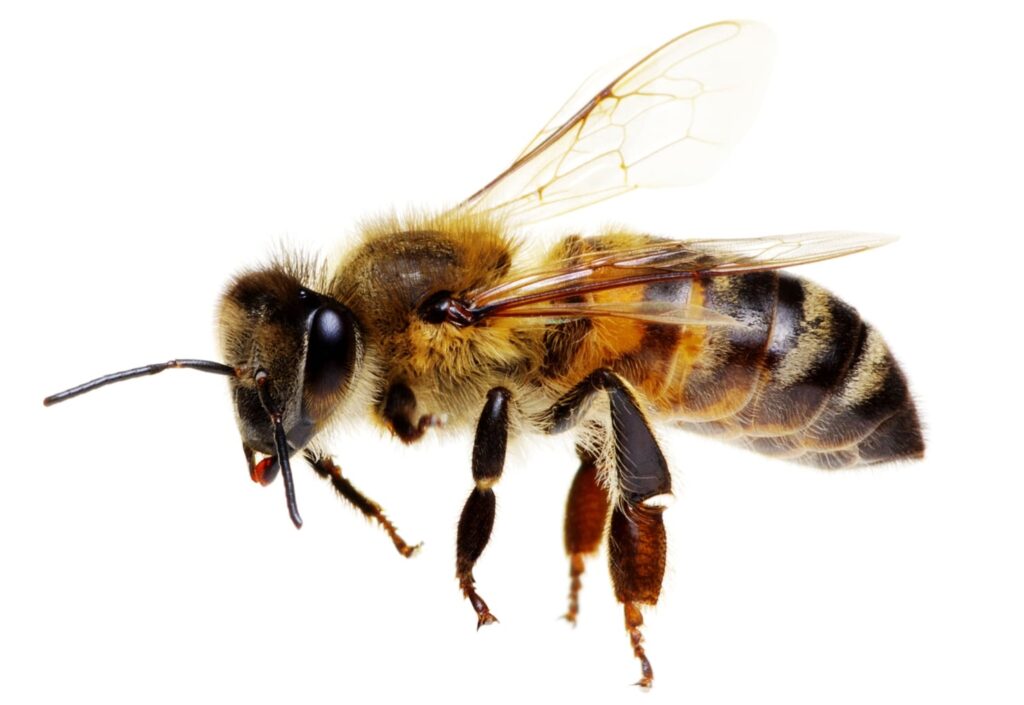
Thanks to bees, it’s possible to monitor air quality and protect biodiversity.
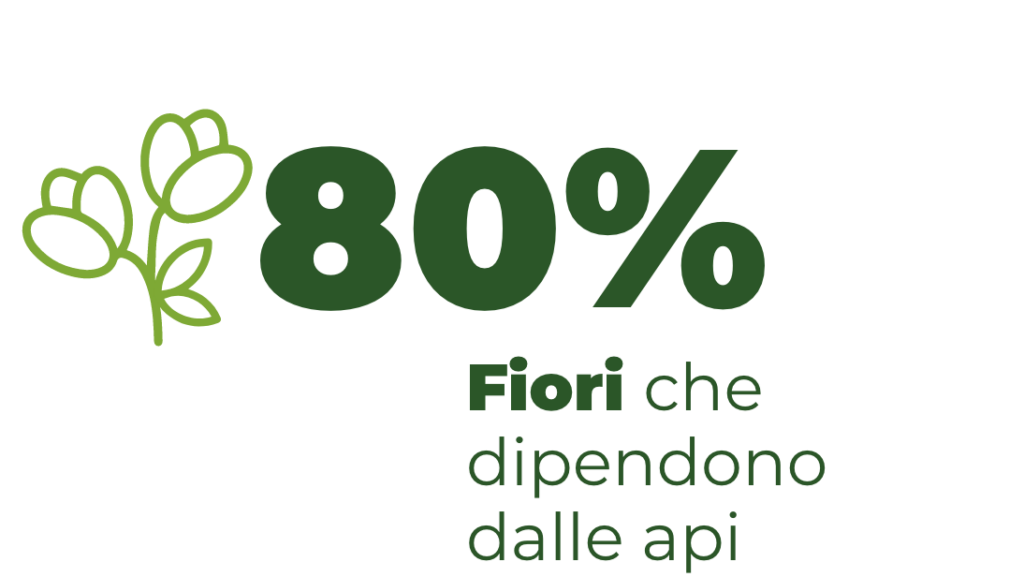
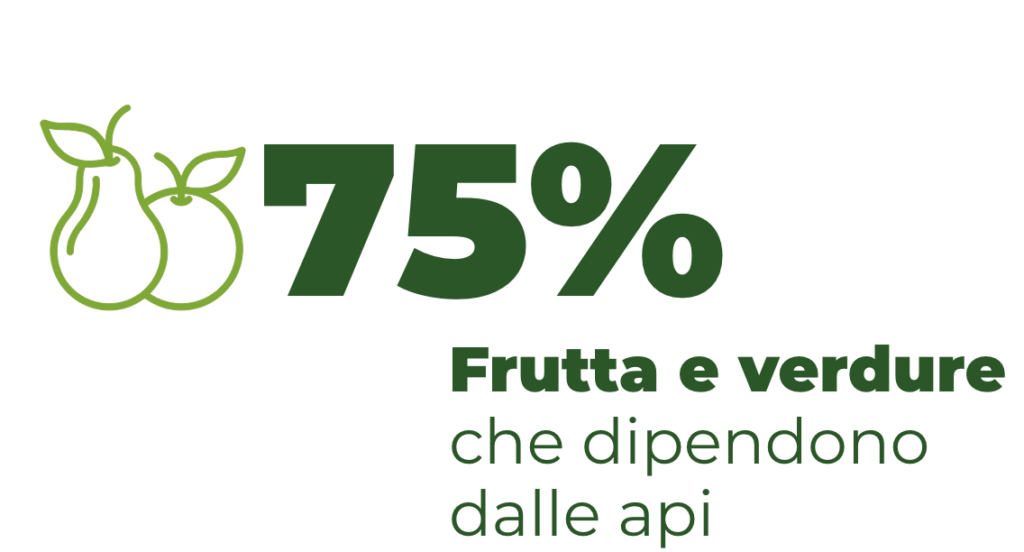
We invest every year to increase our oasis and protect more bees. Each Hora’s oasis is a special area for pollinators.
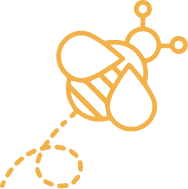
Choose the oasis in the map and
discover how we are protecting
and sustaining our planet
Bees are involved in
15 out of the 17 global SDGs:
Beekeeping offers economic diversity as a source of income and helps build resilient livelihoods for poor and vulnerable populations, potentially providing equitable access to economic and natural resources for men and women
Bee pollination increases crop yields and improves the nutritional value of fruits, vegetables and seeds
Bees’ products provide safe and accessible medicinal sources used in traditional and modern medicine to treat non-communicable diseases such as cancer through strong bioactive compounds. Bee pollination potentially contributes to plants’ growth and diversity that are important for improving air quality
Vocational training for beekeeping can improve equal opportunities for employment, training, and entrepreneurship among men, women, and indigenous people (with traditional knowledge)
Keeping bees as a hobby or being involved in beekeeping can increase opportunities for women to be involved in economic, social, and political decision making even in communities that disenfranchise women
Bee pollination can contribute to the growth and diversity of water-related ecosystems, such as mountains and forests. Appropriate reforestation efforts can provide new resources for commercial bees’ operations, potentially contributing to regional water supplies
Bee pollination improves production of oilseed crops used as biofuel, such as sunflower, canola and rapeseed
Improving agricultural production from bee pollination can contribute to the gross domestic product (GDP) of nations. Beekeeping can diversify livelihood opportunities for men and women in rural areas and support nature tourism initiatives.
Bees are an element of nature that inspires human innovations (e.g., airplane design and computers’ algorithm development) and new honey-related products
Improved livelihoods from beekeeping and the contribution of bee pollination to GDP can support sustainable income growth for low-income groups that has the potential to help promote inclusive social, economic, and institutional development
Bees can be useful in monitoring air quality in urban areas, as pollination of urban flora can support improved local air quality. Bees can improve pollination and self-sustainability of urban gardens and public open spaces
Bee pollination can help reduce food waste by improving the visual aesthetics of food (shape, size, and color) and increase shelf life. Beekeeping can be marketed as sustainable tourism for regional development
Using bees and bees’ products for environmental monitoring can improve the understanding of climate impact on the environment
Bees have the potential to help improve the production of plant-based sources of compounds commonly found in fish. Overharvesting of fish can be managed by promoting the production and consumption of alternative plant-based sources of nutrients
Bees contribute to biodiversity by pollinating trees and flowering plants, and beekeeping can contribute to forest conservation. Incorporating beekeeping into local planning processes can support reforestation activities that can lead to poverty reduction and sustainable regional development

Disclaimer: the following calculation does not take into account the amount of vitamins you normally take with food or additional supplements

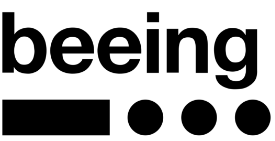
Protecting bees and pollinators is our mission. Beeing technology (BeeSecure) helps beekeepers and farmers in protecting the bees. With projects such as BeeHora, Beeing helps companies creating a positive impact in the world and protecting biodiversity. Join us!
Fight with us to defend pollinators
We help bees creating oases where pollinators can live in peace without chemicals and stress for being more productive. In our oases beekeepers are managing bees using biological techniques and respecting their habits. Respecting bees also means using local bees and not only the most performing in producing honey. We do all this work to protect biodiversity.
